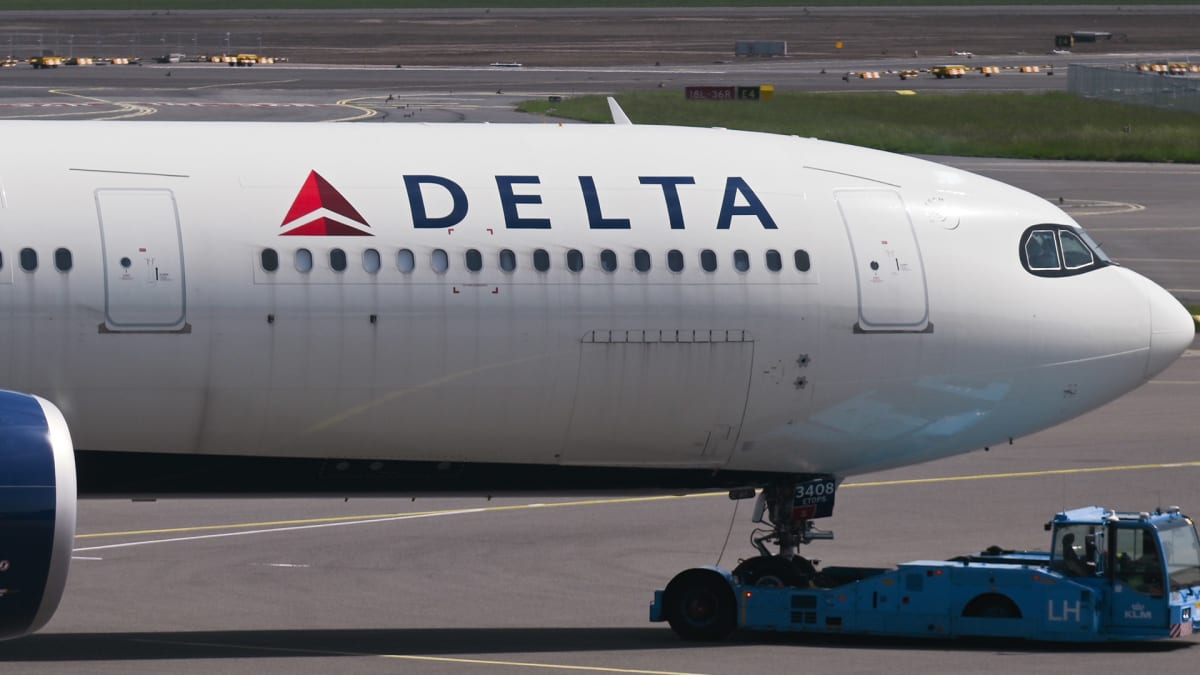
Delta’s first quarter of the year didn’t go the way executives expected.
In a recent earnings call, it was revealed that Delta’ adjusted earnings per share was 25 cents versus the expected 30 cents, and its adjusted revenue was $11.84 billion versus the expected $11.99 billion for the period.
Don’t Miss: This Airline Is Introducing a Complete Game Changer for Long Flights
Like pretty much all other airlines, Delta (DAL) is having to invest heavily in its workforce. That's both to hire enough workers to replace the people who retired early during the pandemic, and to reduce the record levels of flight cancellations and delays that have afflicted the industry since demand for travel rebounded in 2021.
CEO Edward H. Bastian noted in the call that “We also rewarded eligible employees with a 5% pay increase on the 1st of April and received strong ratification from our pilots on the new 4-year contract, providing well-deserved increases for all of our people.
“The performance of our people and the momentum of our brand was recognized when Delta was ranked #12 overall of Fortune's World's Most Admired Company list, a remarkable statement about the resiliency of our company, given the pandemic challenges of the last few years.”
Bastian signaled that he believes this is just a minor bump in the road, and that Delta’s future looks bright.
“With solid first-quarter performance and visibility into the strength of summer travel demand, we are confident in our full-year guidance for revenue growth of 15% to 20% year-over-year, earnings of $5 to $6 per share and free cash flow of over $2 billion. The 3 main guideposts we shared with you last December," he said.
“For the June quarter, we expect to deliver the highest quarterly revenue in our history, a 15% operating margin and EPS of $2 to $2.25 a share.”
The reason for his high hopes is that even as labor costs and jet fuel prices increase, the public’s demand to travel this summer continues to grow. Even if ticket prices have to rise, people are still willing to pay more to travel.
It’s “ something the consumer’s prioritizing,” Bastian notes. “They may be pulling back in other areas ... but I don’t see it in our credit card data, I don’t see it in our bookings.”







